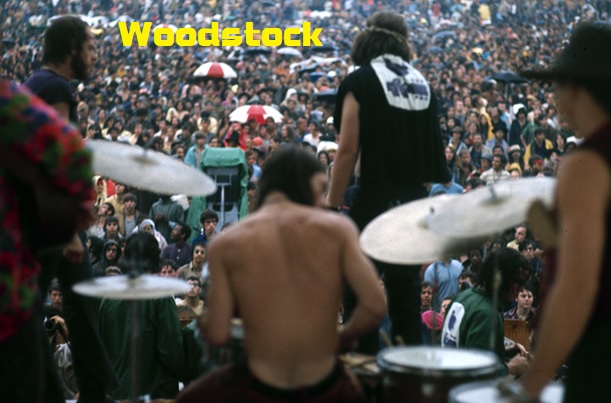As the years unfold before us, we often find ourselves caught in the unbelievable situation which is life’s unpredictable journey. One such milestone that has sneaked up on us is the attainment of Medicare age. Did we ever think that we would reach this stage of life, marked by a government-sponsored healthcare program and a symbolic entry into the realm of senior citizenship? The answer, for many of us, is a complex tapestry woven with threads of anticipation, reflection, and perhaps a hint of disbelief. Really? I’m Medicare age now?
As we navigate the winding paths of life, the concept of reaching Medicare age often feels distant and abstract. We don’t feel Medicare age. Do we? In our earlier years, health concerns may have taken a back seat to the more immediate challenges of education, career, and family. The notion of relying on a government healthcare program may not have been a pressing concern back then, as we grappled with building our lives and pursuing our dreams.
Yet, time has a way of marching forward, and before we know it, we find ourselves standing at the crossroads of life called Medicare, facing the reality of aging and the healthcare decisions that come with it. The contemplation of Medicare age forces us to confront our mortality and the inevitable changes that accompany the passage of time. The once-distant milestone now looms on the horizon, prompting introspection about the choices we made and the journey that led us here. I remember when, my father-in-law who I absolutely loved, started planning what his gravestone would look like and I thought “why in the world is he doing that?” Well, he is now buried there. Time has a way of coming home to all of us.
For some, the prospect of Medicare age may be met with a sense of gratitude, acknowledging the years of hard work and perseverance that have brought us to this point. It becomes a testament to a life well-lived, filled with experiences, relationships, and accomplishments. The idea of accessing healthcare through a government program may be seen as a well-deserved benefit, a safety net woven by society to catch us as we navigate the challenges of aging.
On the other hand, there may be those who approach Medicare age with a tinge of disbelief, wondering “Where did the time go?” and how we arrive at this juncture? The inevitability of aging can be a sobering realization, prompting individuals to reassess their priorities and make peace with the choices that shaped their lives. The reflection on whether they ever envisioned reaching Medicare age becomes a poignant exploration of the unexpected twists and turns that life takes.
In the face of these reflections, it is essential to recognize the societal implications of reaching Medicare age. As a collective, we are witnessing a demographic shift with a growing population entering the senior ranks. This phenomenon poses challenges and opportunities for healthcare systems, social structures, and policy frameworks. It calls for a reevaluation of how we approach aging as a society and how we can collectively ensure the well-being of our senior citizens.
In conclusion, the contemplation of reaching Medicare age invites us to explore the intricate interplay of time, choices, and societal structures. Whether met with gratitude or disbelief, this milestone serves as a juncture for reflection and reevaluation. As we navigate the complexities of aging, it is crucial to foster a collective understanding and support system that embraces the diverse experiences of individuals entering this significant phase of life. After all, the journey to Medicare age is not just a personal odyssey but a shared narrative woven into the fabric of our society.


